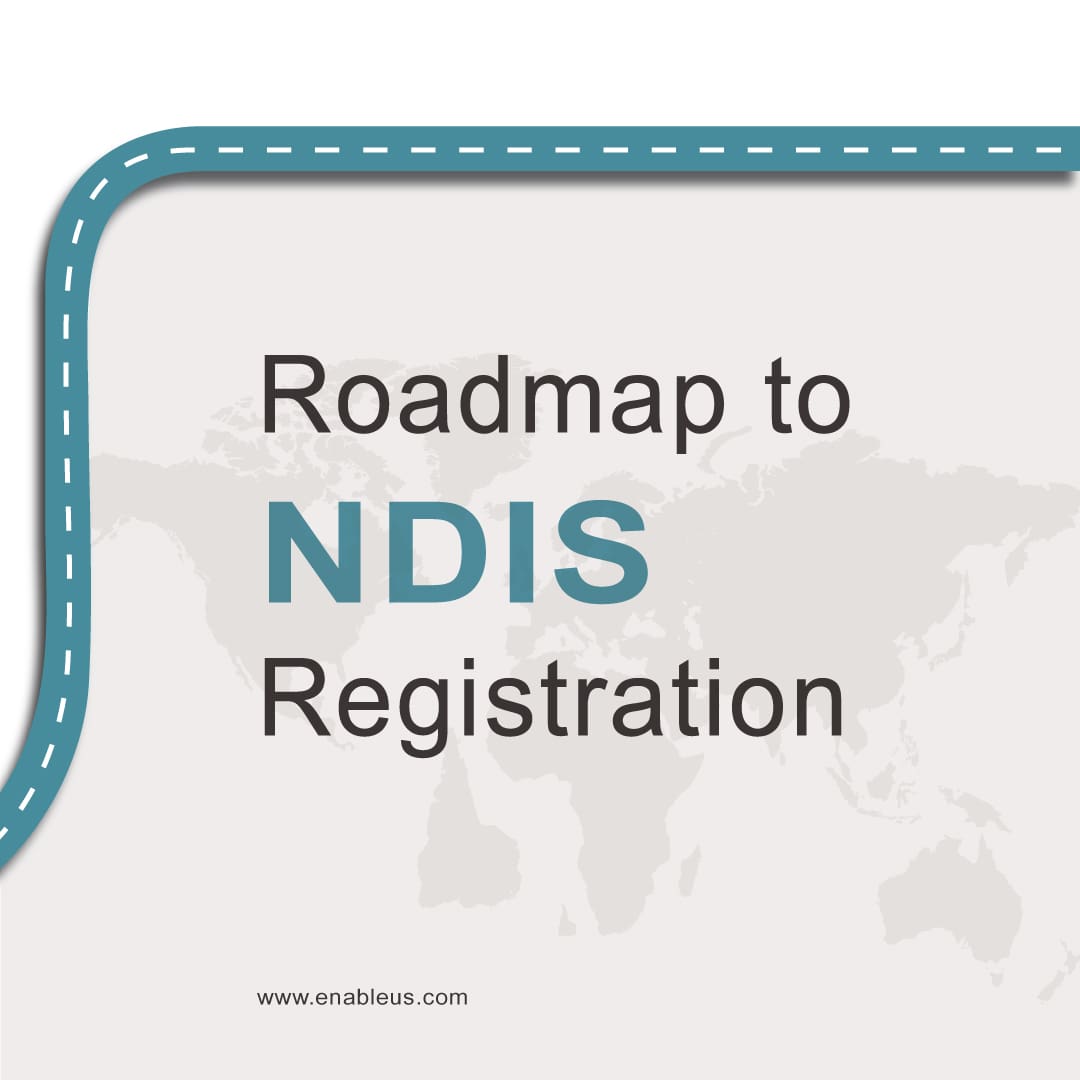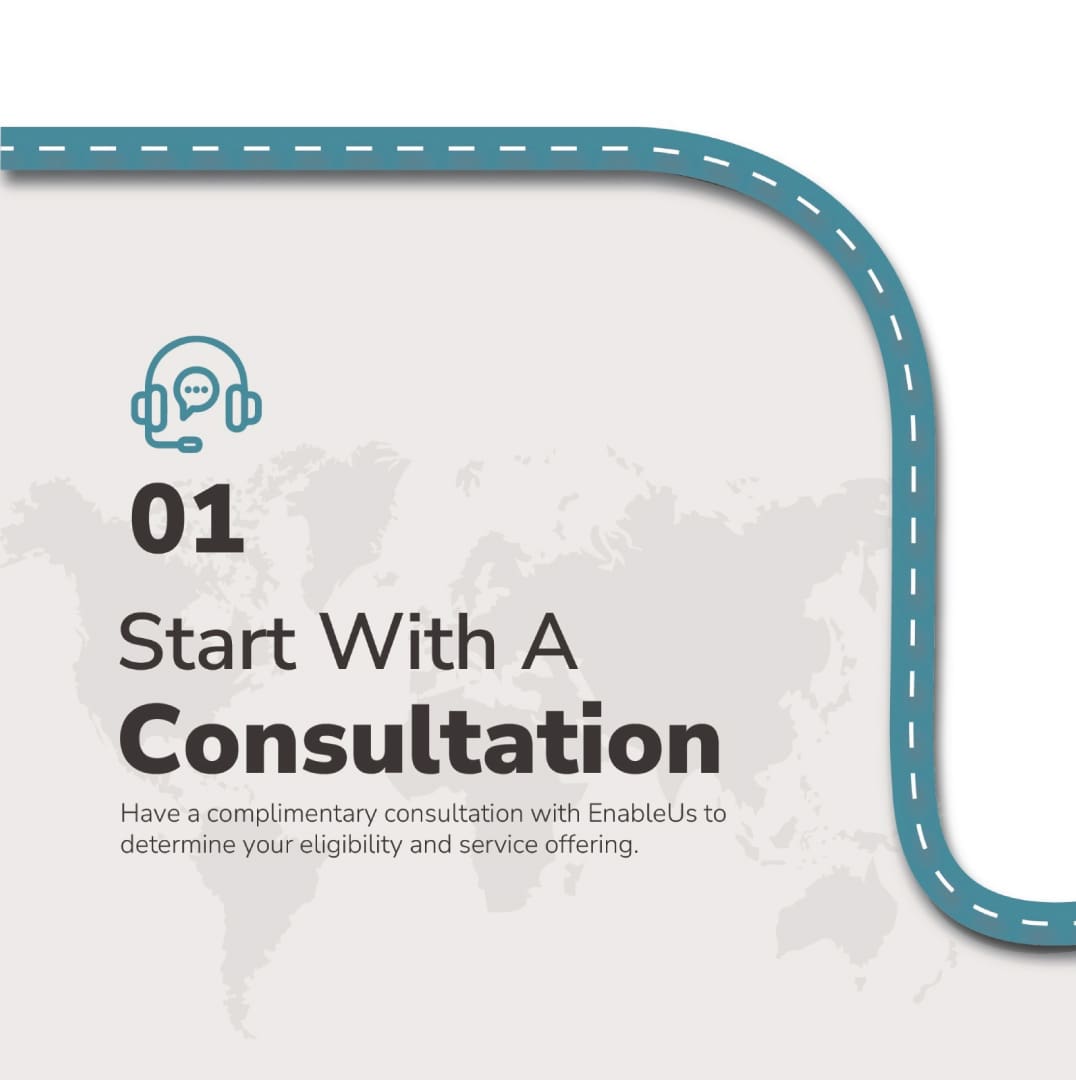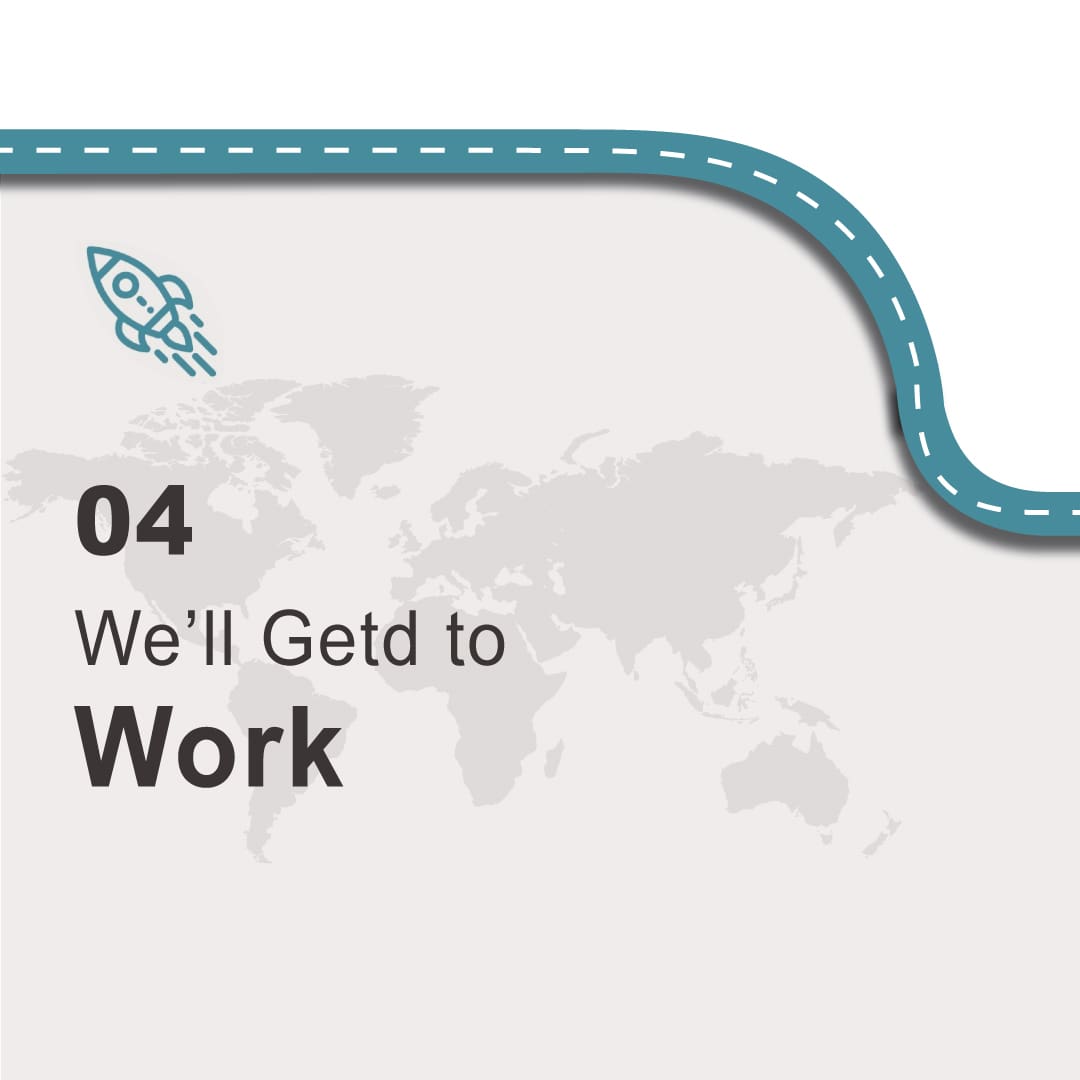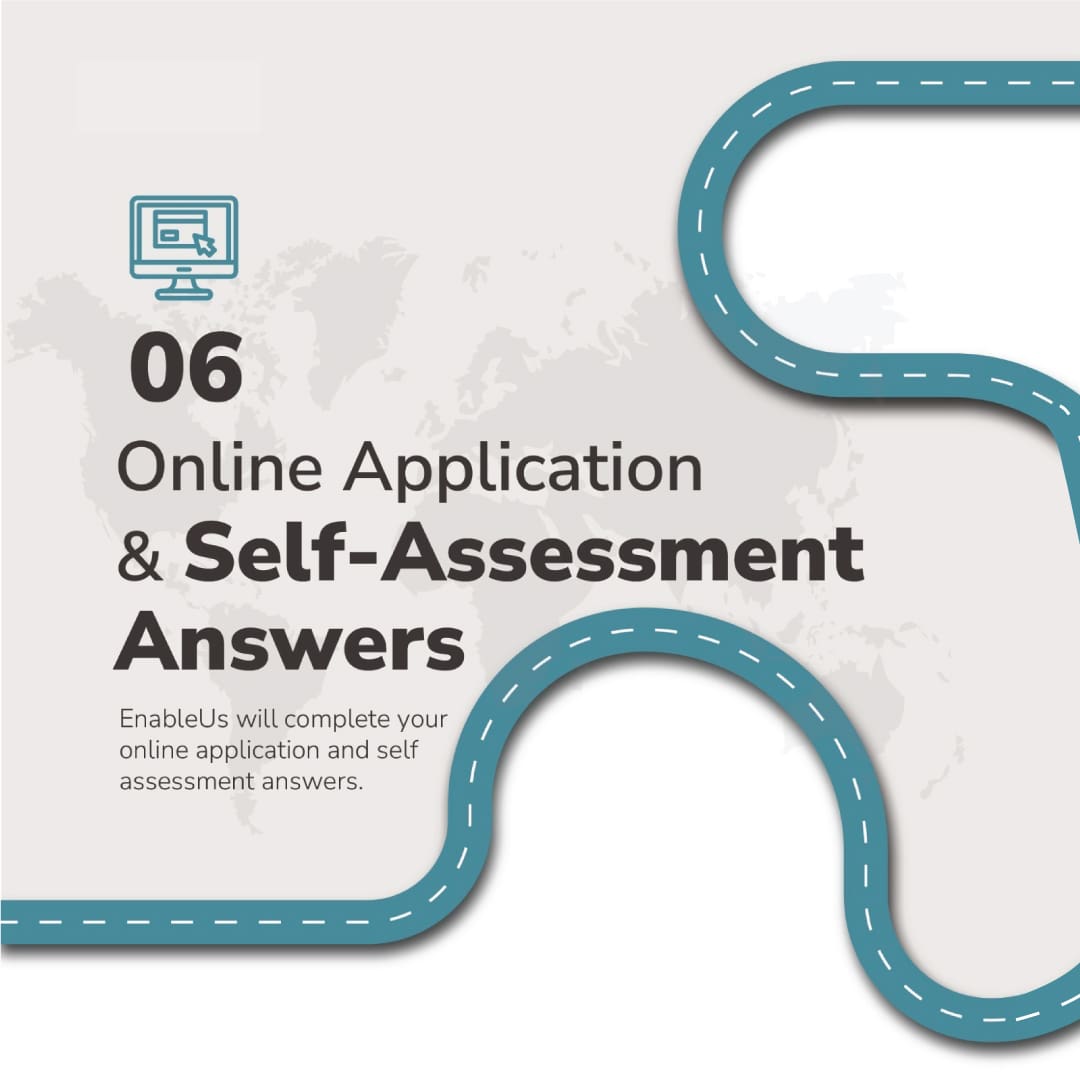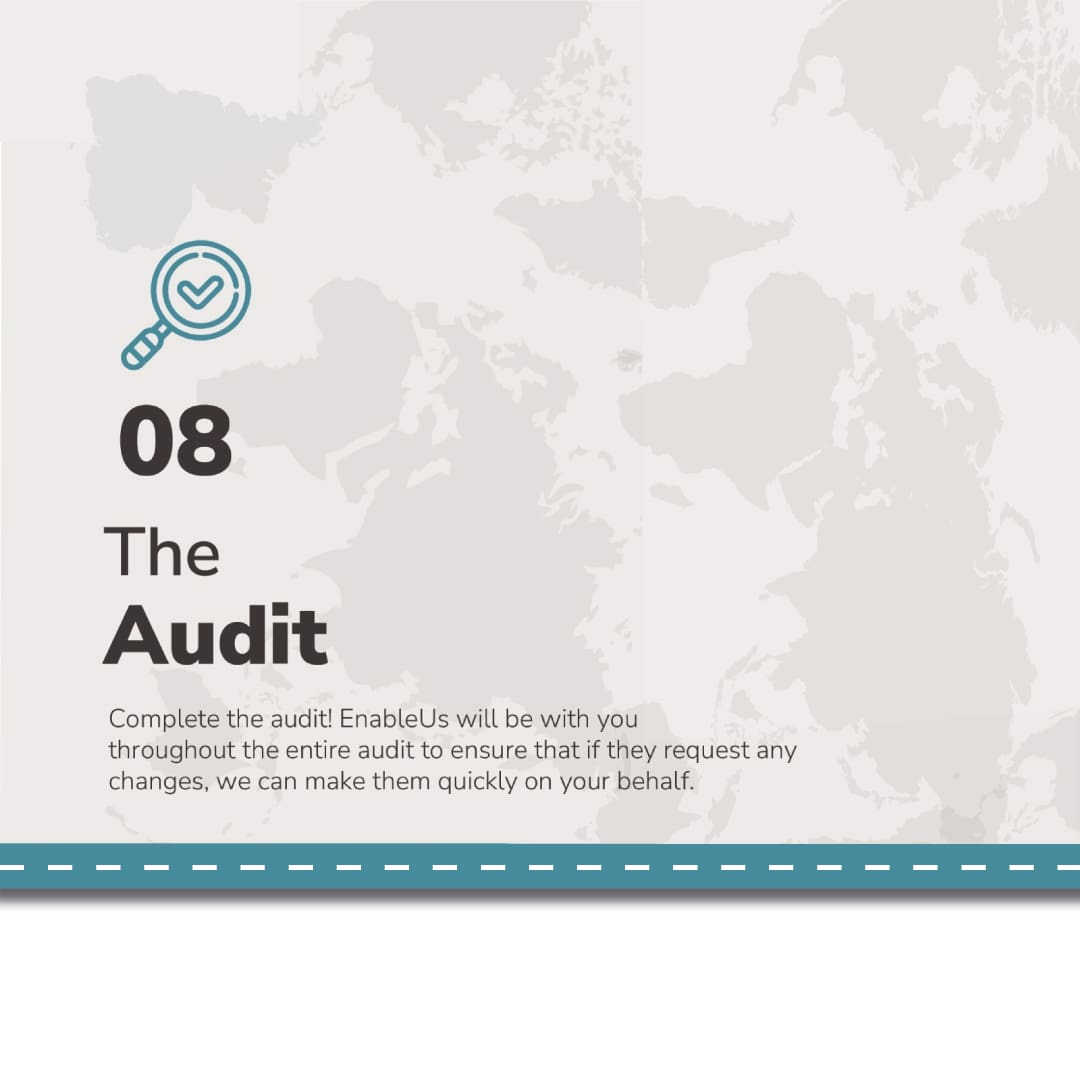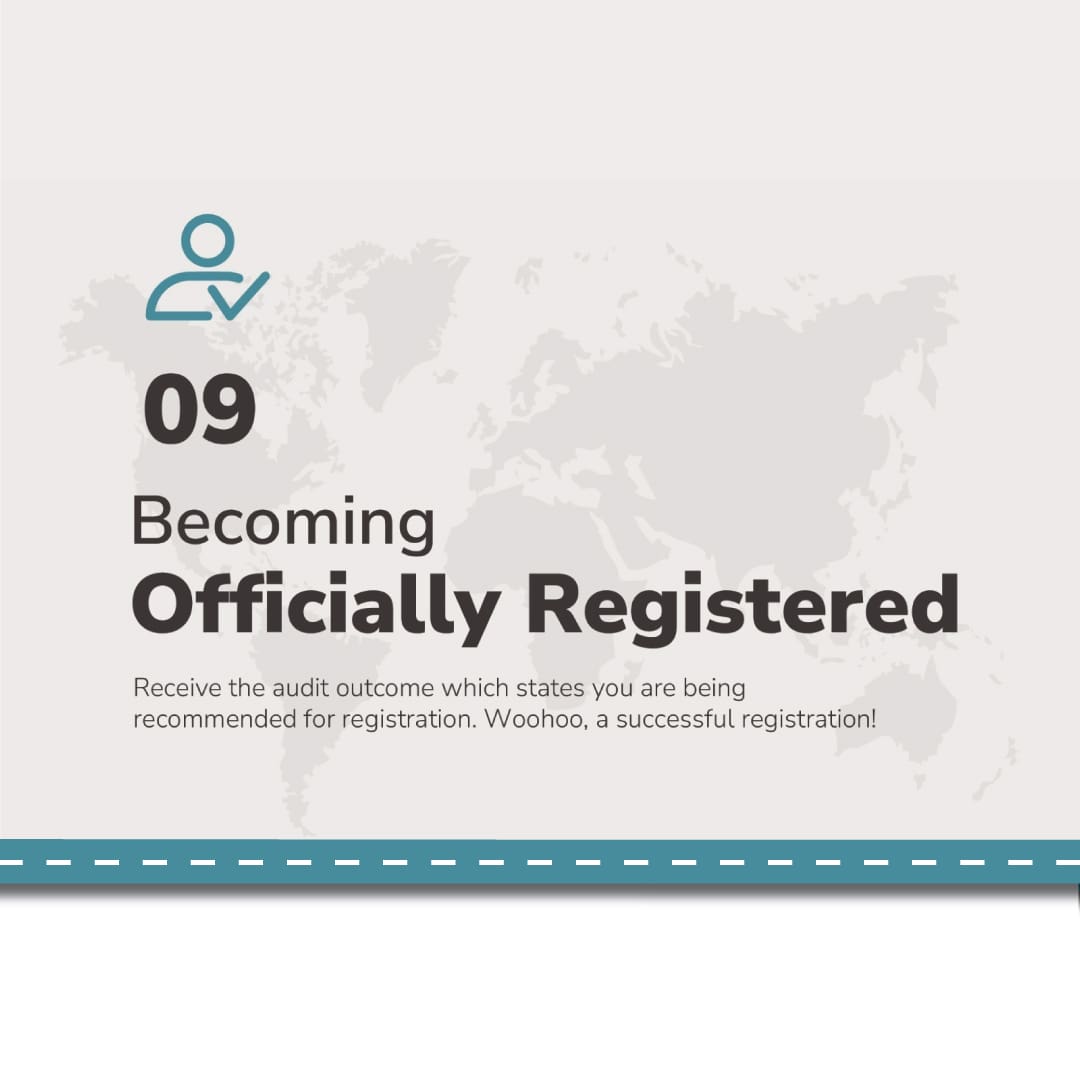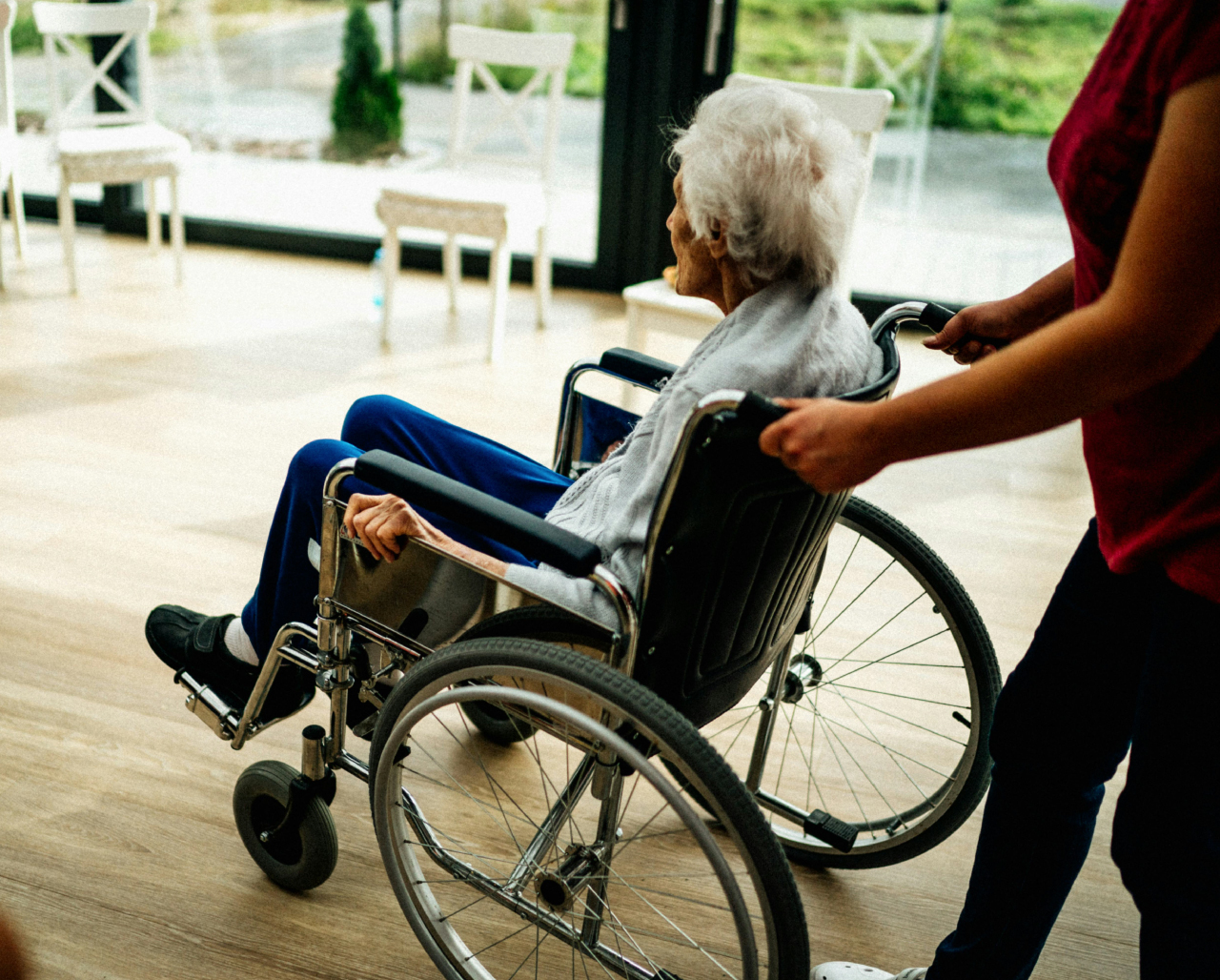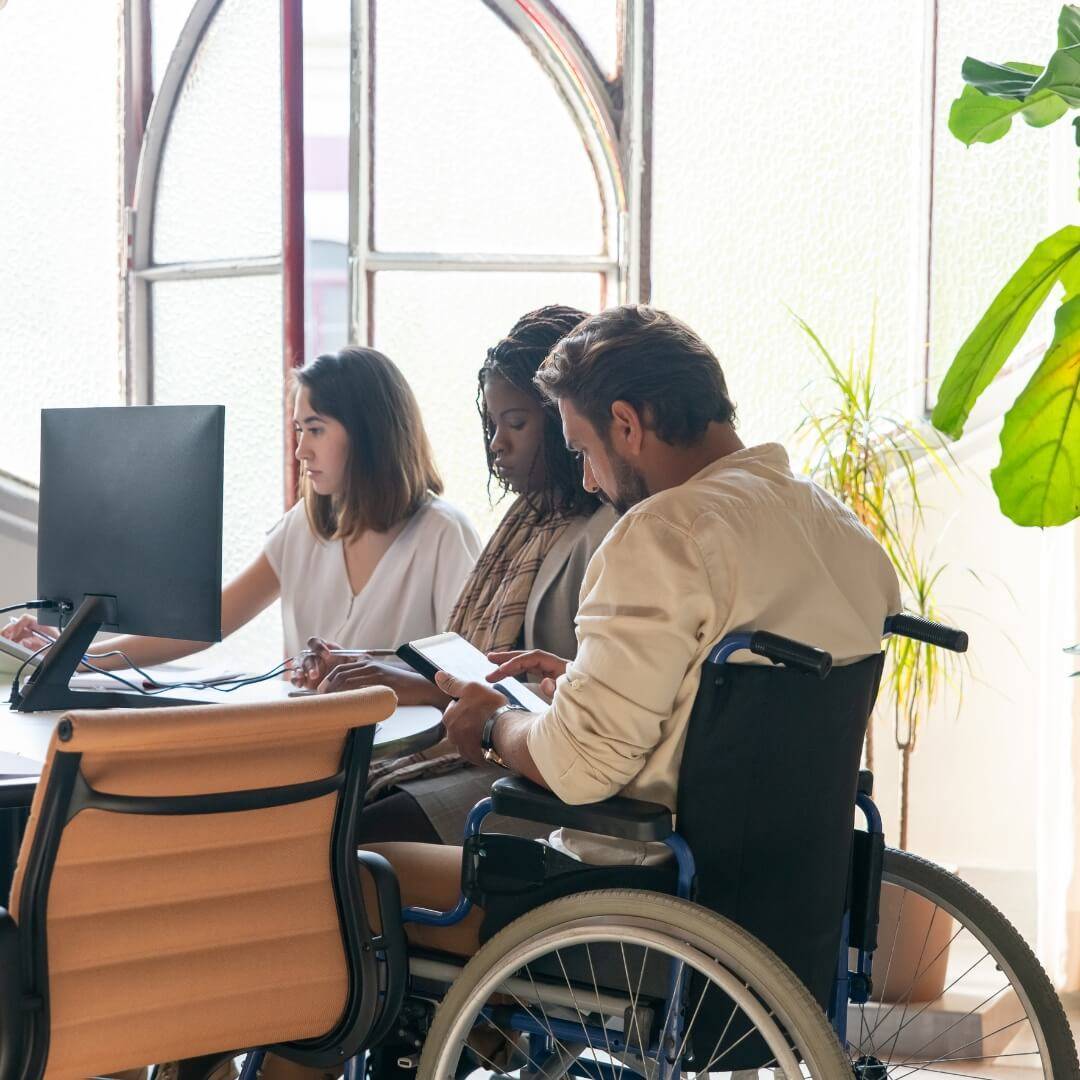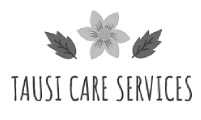Understanding NDIS Supported Independent Living (SIL):
NDIS Supported Independent Living (SIL) refers to accommodation and support services designed to assist individuals with disabilities to live independently in the community. SIL funding covers the cost of housing as well as support staff to help participants with daily tasks such as personal care, meal preparation, and household chores. SIL housing providers play a crucial role in delivering these services and ensuring that participants receive the support they need to live fulfilling lives.
Eligibility Criteria for NDIS SIL Registration:
To become a registered NDIS SIL provider, you must meet certain NDIS eligibility criteria set by the National Disability Insurance Agency (NDIA). These criteria typically include:
Compliance with NDIS Quality and Safeguarding Standards: SIL providers must comply with the NDIS Practice Standards and other regulatory requirements to ensure the safety and well-being of participants.
Capacity to Provide Support Services: Providers must demonstrate their ability to deliver high-quality support services, including staffing, training, and service delivery models.
Suitable Accommodation: SIL providers must have suitable accommodation options available for participants, including accessible housing that meets the needs of individuals with disabilities.
Experience in Disability Support: Experience in providing disability support services, including Supported Independent Living, is highly desirable for NDIS SIL providers.
Application Process for NDIS SIL Registration
The process of registering as an NDIS SIL provider typically involves the following steps:
Preparation: Familiarise yourself with the NDIS Provider Registration Guide and ensure that your organisation meets the eligibility criteria for SIL registration.
Application Submission: Complete the online application form available on the NDIS Commission’s website, providing detailed information about your organisation, services offered, and compliance with NDIS standards.
Documentation: Prepare supporting key documentation to accompany your application, including proof of legal status, insurance coverage, financial viability, and any relevant accreditations or certifications.
Assessment and Review: The NDIA will assess your application to determine whether your organisation meets the requirements for SIL registration. This may involve a review of your documentation, site visits, interviews, and checks of your policies and procedures.
Approval: If your application is successful, you will receive a formal notification of registration from the NDIA, indicating your approval as an NDIS SIL provider.
Role of SIL Providers in Supporting Participants
As SIL providers, your role involves
Delivering Support Services: Providing high-quality support services to participants, including personal care, meal preparation, household chores, and assistance with daily living activities.
Ensuring Participant Well-being: Ensuring the safety, health, and well-being of participants living in SIL accommodation, including implementing health and safety protocols and responding to emergencies.
Promoting Independence: Supporting participants to develop skills, independence, and confidence in managing their daily lives and participating in their communities.
Collaborating with Participants: Working collaboratively with participants to develop individualised support plans, set goals, and monitor progress towards achieving outcomes.
Benefits of becoming an NDIS-Registered SIL provider
Becoming an NDIS-registered Supported Independent Living (SIL) provider offers numerous benefits, including:
Access to Funding: NDIS registration allows SIL providers to access funding for accommodation and support services, ensuring financial stability and sustainability.
Expanded Service Delivery: Registration opens doors to providing essential support services to individuals with disabilities, contributing to their independence and well-being.
Increased Opportunities: Being registered as an NDIS SIL provider increases visibility and credibility within the disability support sector, leading to potential partnerships and collaborations with other service providers.
Enhanced Professional Development: SIL providers gain opportunities for ongoing training, learning, and development to improve service delivery and meet evolving participant needs.
Improved Quality of Care: Registration requires compliance with NDIS quality and safeguarding standards, ensuring that SIL providers deliver high-quality, safe, and person-centred support services to participants.
Positive Impact: By becoming an NDIS-registered SIL provider, organisations can make a meaningful difference in the lives of individuals with disabilities, promoting independence, inclusion, and community participation.
Fulfilment of Mission: For organisations with a mission to support individuals with disabilities, becoming an NDIS-registered SIL provider aligns with their values and goals, allowing them to fulfil their purpose and make a positive impact in the community.
Overall, becoming an NDIS-registered SIL provider offers numerous benefits, including access to funding, expanded service delivery opportunities, enhanced professional development, and the ability to make a meaningful difference in the lives of individuals with disabilities. Becoming a registered NDIS SIL provider offers the opportunity to make a meaningful difference in the lives of individuals with disabilities by providing essential housing and support services. By understanding the eligibility criteria, application process, and role of SIL providers, you can navigate the registration process successfully and contribute to supporting participants to live independently and achieve their goals within their communities.

